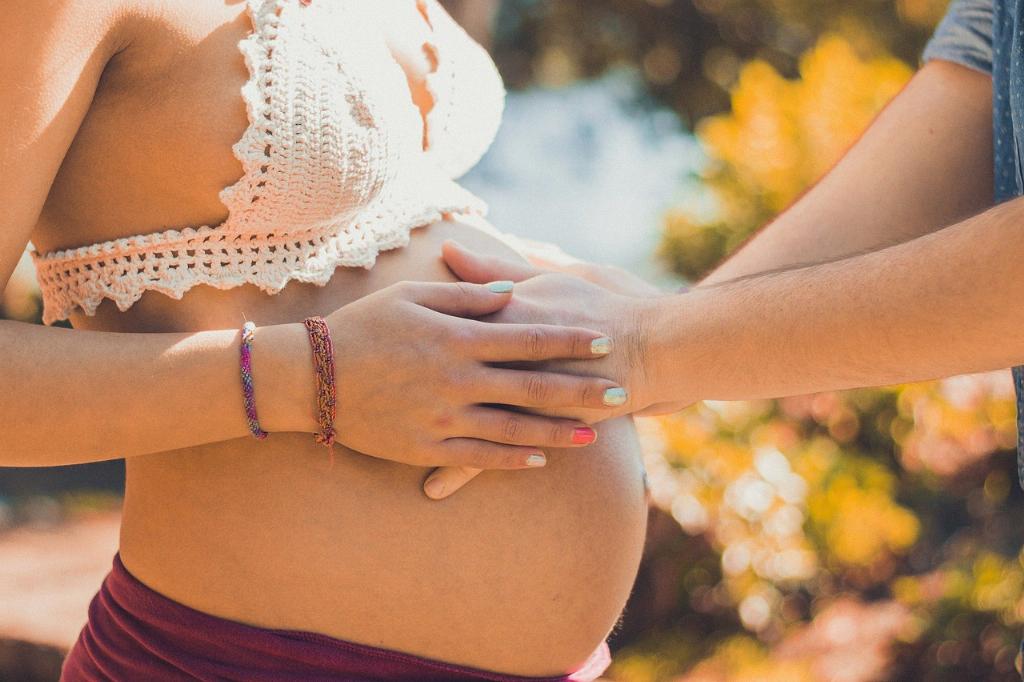When considering the possibility of conjoined twins getting pregnant, it is essential to delve into the unique medical complexities that come with being conjoined. Conjoined twins are a rare occurrence, arising from the incomplete division of the fertilized egg into identical twins during early embryonic development. This rare phenomenon raises various questions about their physiological functions and capabilities.
One of the primary concerns surrounding conjoined twins and pregnancy is the shared reproductive organs. In many cases, conjoined twins share critical organs, including the reproductive system. This sharing can present significant challenges when it comes to the intricate processes involved in conception, gestation, and childbirth.
It is crucial to note that each set of conjoined twins is unique, with their own specific anatomy and medical considerations. In the case where conjoined twins share a single set of reproductive organs, the question of whether both twins could simultaneously become pregnant naturally arises. This scenario raises complex ethical and medical dilemmas.
The medical literature reflects very few instances where conjoined twins have successfully navigated pregnancy and childbirth. The documented cases point to the challenges and risks involved in such a situation, including the potential impact on the health and well-being of both the mother and the unborn child.
One of the key factors that influence the possibility of conjoined twins getting pregnant is the viability of their shared reproductive system. The functionality and health of the reproductive organs play a crucial role in determining whether pregnancy is a feasible option for conjoined twins.
Additionally, the psychological and emotional aspects of pregnancy for conjoined twins cannot be overlooked. The emotional toll of carrying a child, coupled with the physical challenges posed by their unique anatomy, can significantly impact the well-being of the twins and the developing fetus.
Furthermore, the medical community faces numerous ethical considerations when dealing with the possibility of conjoined twins getting pregnant. The ethical implications surrounding the autonomy, consent, and well-being of both the twins and the potential offspring require careful deliberation and ethical guidance.
Despite the complexities and challenges associated with conjoined twins and pregnancy, it is essential to approach the topic with empathy, compassion, and a deep understanding of the intricate medical nuances involved. Each case must be carefully evaluated on an individual basis, taking into account the specific medical considerations and ethical implications.
In conclusion, while the possibility of conjoined twins getting pregnant is a topic that raises numerous questions and challenges, it is crucial to approach the issue with sensitivity, respect, and a commitment to uphold the well-being and dignity of all individuals involved. The medical and ethical complexities surrounding this issue require thoughtful consideration and collaboration within the medical community to ensure the best possible outcomes for conjoined twins facing such unique circumstances.

